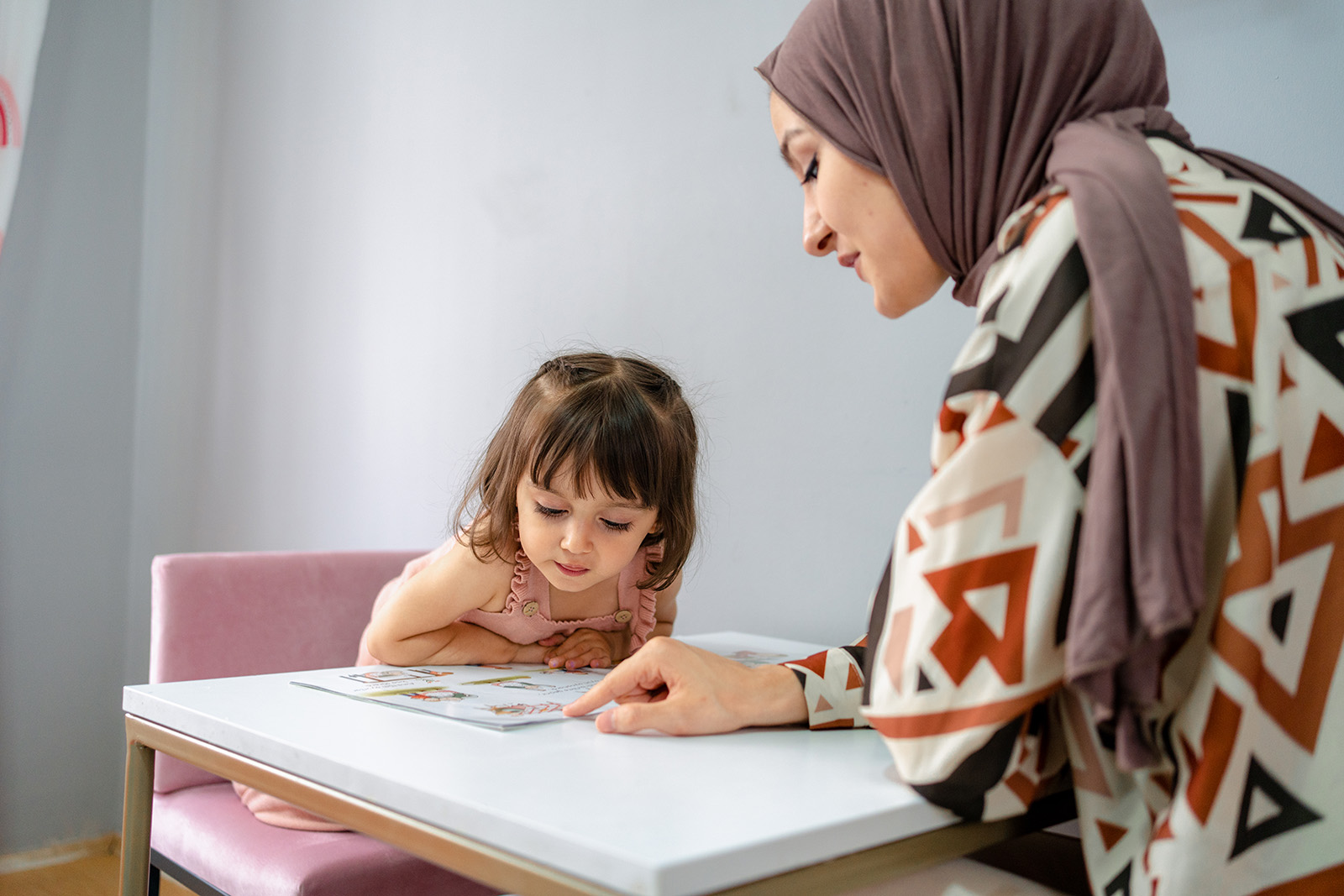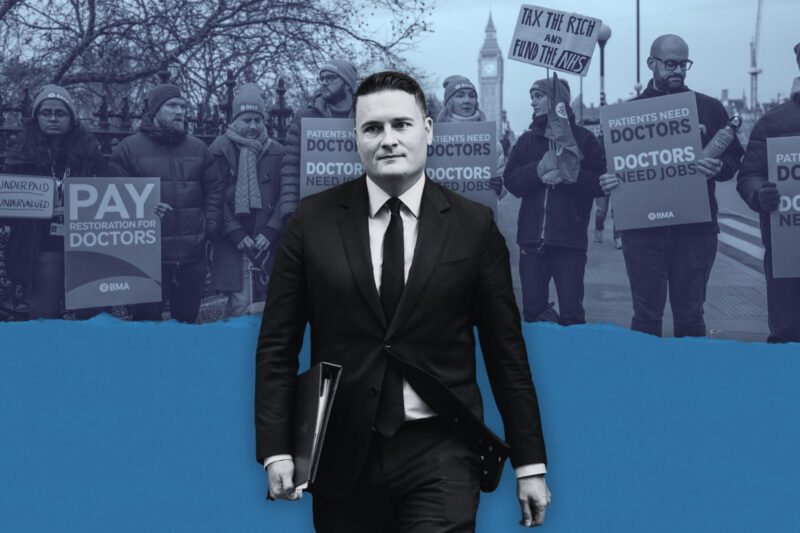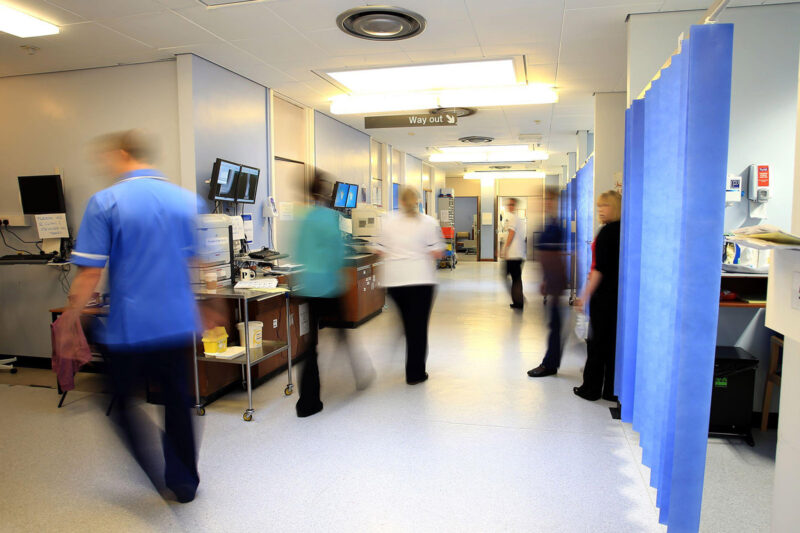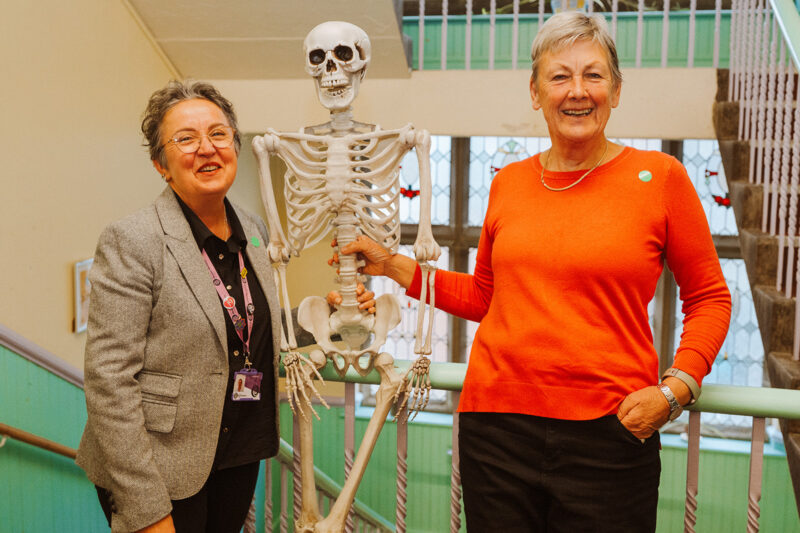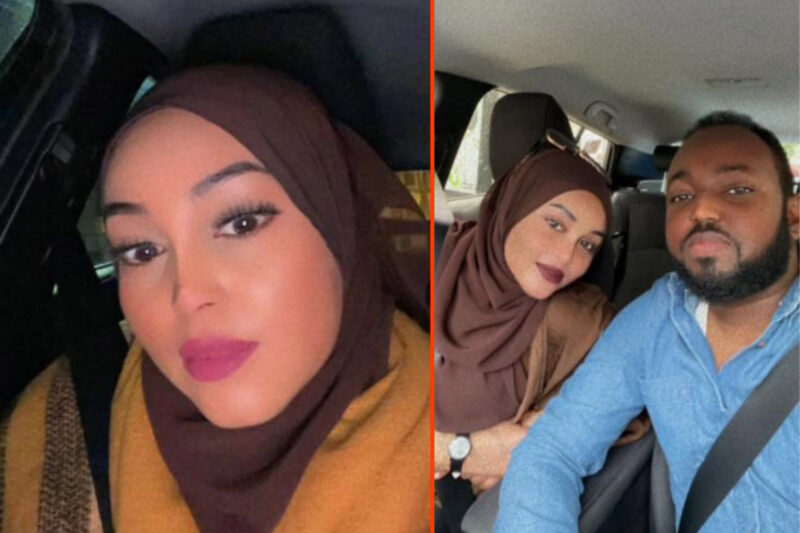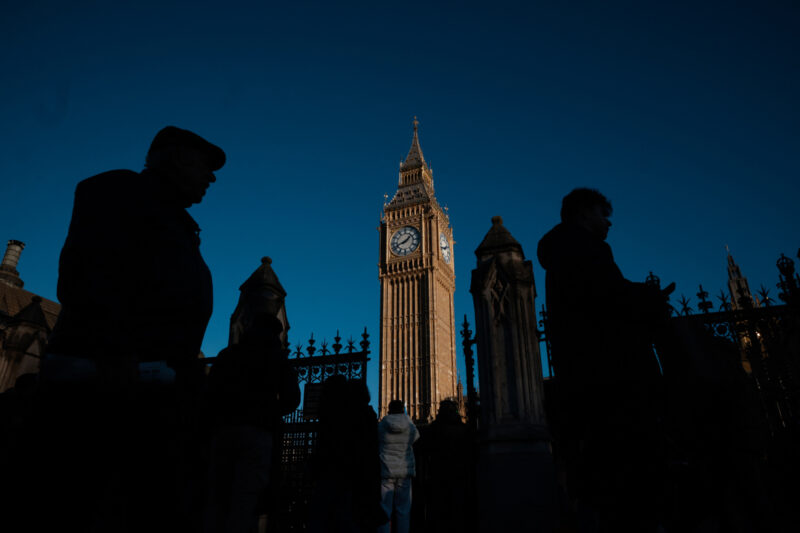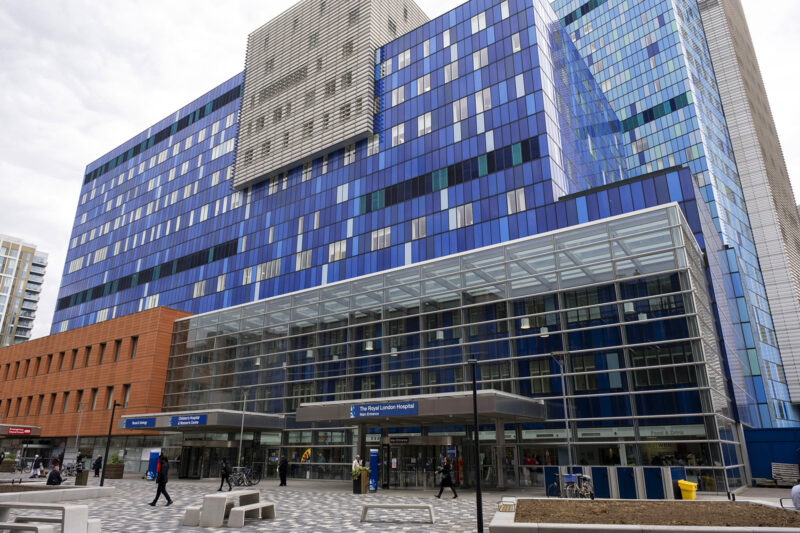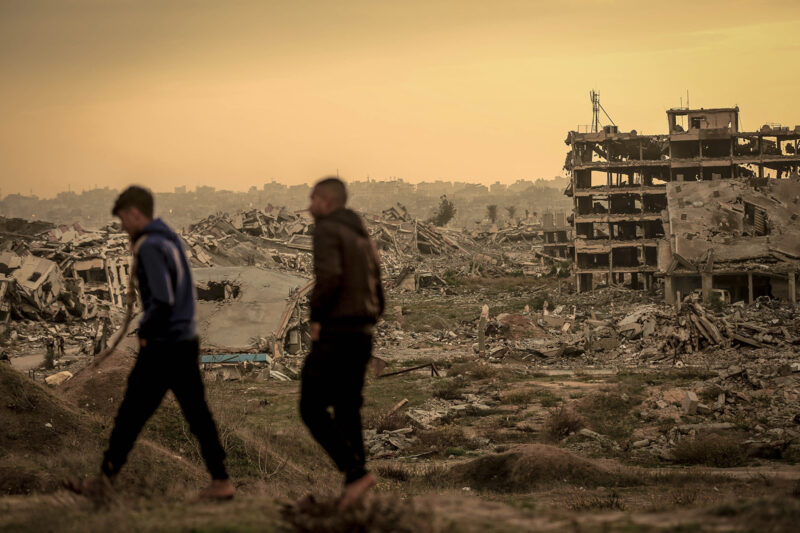Muslim medics sound alarm over cancellation of key NHS population survey
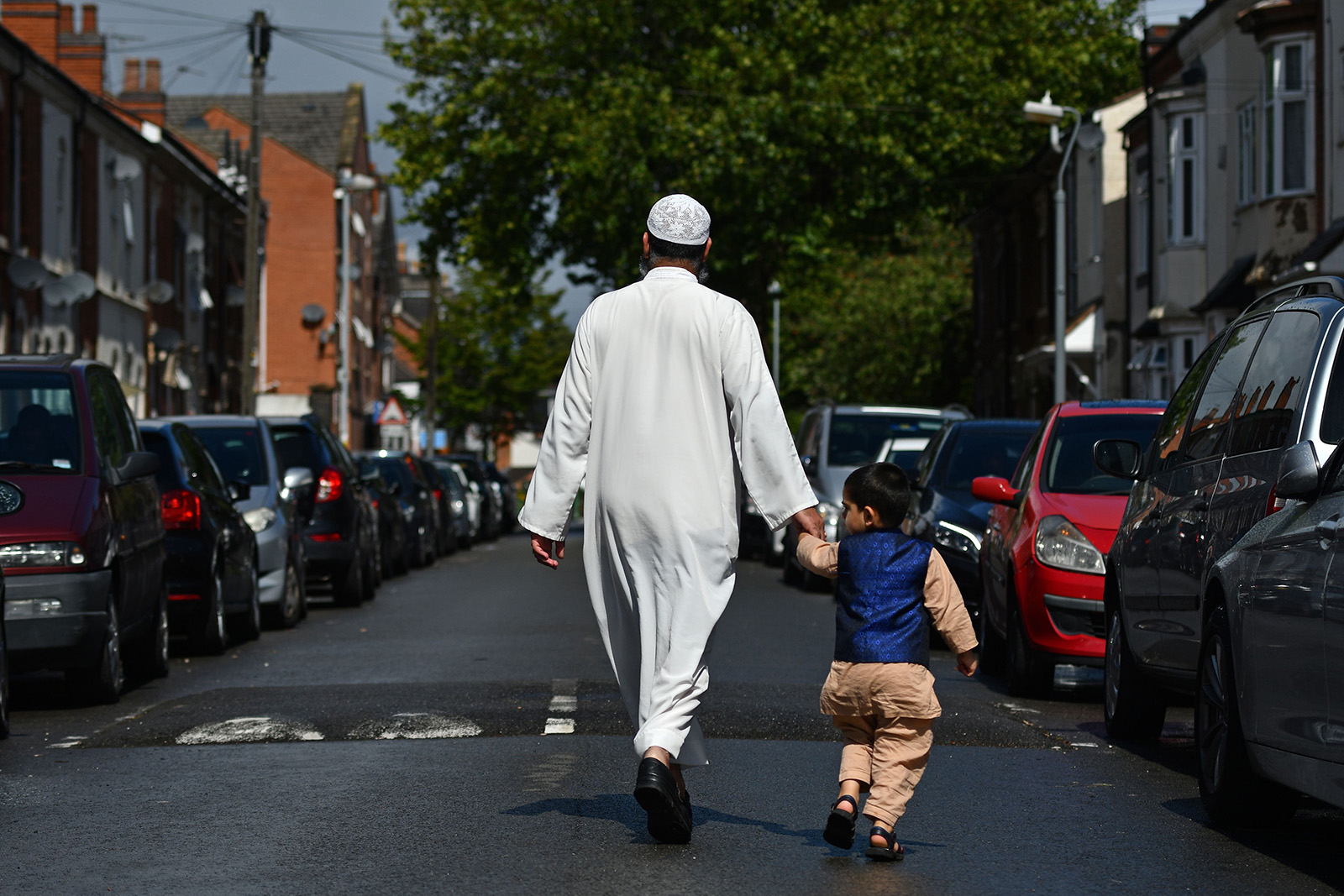
Health Survey for England is ‘vital’ to understand health inequalities affecting Muslim and South Asian people, warns British Islamic Medical Association
Britain’s association for Muslim medics has warned that the cancellation of a “vital” NHS survey will hamper efforts to tackle health inequalities across England.
The government quietly admitted during a data conference in June that the 2025 Health Survey for England would be the last of its kind carried out by NHS England, which is facing huge cuts ahead of its eventual merge into the Department for Health and Social Care (DHSC). The survey has run annually since 1991.
Dr Qasim Javed, a GP and chair of the British Islamic Medical Association (Bima), told Hyphen: “The level of population data provided by the survey is very useful for Bima.
“Without accurate data, we really can’t address health gaps. It means making policy blind, without true insights into the kind of health inequalities and health disparities that exist beyond the clinic room.”
Data collected by the NHS, including through the survey, has helped identify health inequalities affecting Bangladeshi and Pakistani communities such as higher rate of diabetes and reluctance to access cancer screenings, Javed said.
The Health Survey for England is based on a sample of 10,000 people, interviewed face-to-face, and collects statistics such as participants’ weight and smoking status, as well as data about acute illnesses among children.
It is particularly useful, Javed said, as unlike other NHS data sets it reaches people who do not necessarily interact with health services.
“Only a minority of people actually present at their GP practices and hospitals,” he said. “There are about 10,000 people registered at my GP practice, but each year only about 2,000 will attend an appointment. So the survey gives us a better overview of general health.”
The information it gathers is important to organisations such as Bima, which focus on the health of religious and ethnic minorities who may face additional barriers to accessing health care, and therefore be poorly represented in other NHS databases.
The DHSC has commissioned the Office of National Statistics to research “alternative methods for delivery” for population health data after 2025. “The health survey for England is not being stood down,” said a spokesperson. “We are working closely with NHS England and the Office for National Statistics to explore alternative improved approaches to ensure there is essential health monitoring beyond 2025.
“We will ensure that decision-makers continue to have access to high-quality population health data that improves health outcomes across England.”
But health experts remain concerned about the lack of clarity. Oyinlola Oyebode, director of the Queen Mary Centre for Public Health, wrote in a public statement last month: “A future without the Health Survey for England, or a suitable alternative, is a future where we cannot track the trends we have been able to monitor since 1991.”
Ideally, Javed would like to see any future public health data extended to include more information about ethnicity and religion, something Bima has long advocated for. NHS surveys do not currently collect any information on patients’ faith identities.
Faith practices can influence health choices, such as not drinking alcohol, while mosques and places of worship can also be important community centres that can be engaged in bridging healthcare gaps, especially among minority groups.
“At Bima we have often worked with NHS England and smaller trusts to co-ordinate grassroots screening campaigns at mosques,” Javed said. “That’s worked well for us and I think there is scope to widening this approach to people of other faiths. But until we have reliable data on this, we are flying blind.”
 Newsletter
Newsletter


